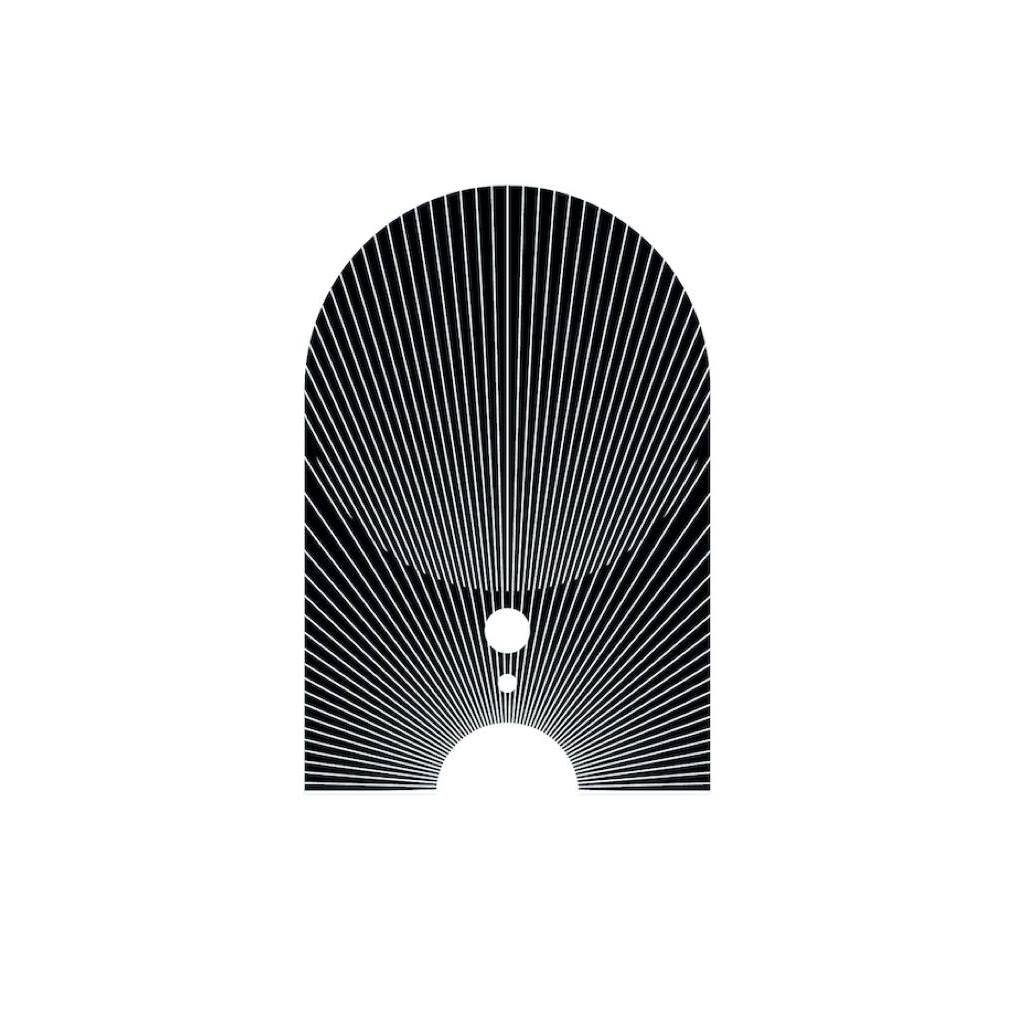katy carl
Katy Carl is the editor in chief of Dappled Things magazine and the author of As Earth Without Water, a novel (Wiseblood Books, 2021), Fragile Objects, short stories (Wiseblood, 2023), and Praying the Great O Antiphons: My Soul Magnifies the Lord (Catholic Truth Society, 2021). Her work has appeared in Windhover, Fare Forward, Ekstasis, Vita Poetica, Belle Ombre, Across the Margin, Exposition Review, Presence: A Journal of Catholic Poetry, Church Life Journal, Evangelization & Culture, Angelus, Psaltery & Lyre, Sostenuto, Mom Egg Review, Genealogies of Modernity, St. Louis magazine, the National Catholic Register, and the Mid/South Anthology, among others. She is a senior affiliate fellow of the Program for Research on Religion and Urban Civil Society located at the University of Pennsylvania and holds an MFA in fiction from the University of St. Thomas—Houston.
an excerpt from “pantheon”
The white house on the prominent avenue behind the spreading oaks, one of dozens like it throughout the city, shimmered in its floodlights. A shine like this, houses like these, had figured in Rachel’s dreams from the onset of memory. To pull up to the columned porch now in Peter’s car, to hear the oyster shell drive crunching under the wheels: it hollowed out a space under her ribs into which she felt the chilled air rushing.
Oxygen high, hot flush of adrenaline: not weeks ago, but days, she had been a studious nobody in a back corner of a stucco rowhome, hiding one contraband library book at a time in the waistband of an apron or the pocket of a long, dark skirt. Headscarves, stockings, three services on Sabbaths. Now her dandelion-colored hem grazed her at midthigh, where dark hairs prickled her. If she had paid more attention to the lurid headlines in the grocery checkout, she could have planned ahead to solve this problem. But she had been taught to be afraid of those magazines with their tall neon letters; it had been said their influence could control her, possess her. The force of this fear had not yet faded although it no longer drove her. She needed a path out, yes, but she wanted to grade the path herself.
Rachel thrilled to the word sinner. It sizzled over her skin. It was what she was. She had stolen money, more than a hundred dollars, from the community’s metal cashbox. She had lied about where she was going. She had planned for a time when everyone else would be in the meeting room; she had cooked up a pretext about preparing something in the kitchen for fellowship. On the way to the bus stop, she had laughed and laughed. She was never going back. She might be a sinner, but she was a free sinner. The oyster shell drive crunched under her feet.
A backbeat shook the wooden floorboards of the porch and jarred her heartbeat into corresponding rhythm. Nothing would trap her again, she thought, as she walked under the cut-glass lintel that glinted iridescent in the floodlights, as she and Peter melted into the clamoring crowd.
Later, decades later, working with her students as a university professor, Rachel would use this moment to illustrate how the dazzling aesthetics of a lifestyle can blind naïve people to its dubious ethics. But now, as Peter stepped out of the car and walked around to open her door, now before the invention of the cell phone, now before the common incursion of the Internet, now before she ever held a job or a scholarship or a bank account in her own name, Rachel saw the house with washed eyes. She saw it then as the city of the New Jerusalem, where they shall have no need of lamps or of the sun. And there would be no temple, for the city itself would be their temple.
Peter and Rachel walked up the oyster shell drive and then up four red brick steps between the wide white columns and under a transom of stained glass set in sharp squares and diamonds. As they shouldered through a crowd of swaying fawn-thin girls in shimmering tank tops and dark jeans, the golden glow of the chandelier fell on Peter’s wheat-shock of hair.
Rachel decided to make the white house her temple, in the privacy of her mind. No one need know what went on in that privacy: not her stepmother mewling I just wish my only daughter trusted me more, not the pastor who was no longer her pastor intoning A secret kept from me is a secret kept from God and God is not mocked, He will know, He knows even now. No more. Rachel was free. Free. She could not have known then, she would later have to soothe herself, she could not have known how trapped she still was.
Read more of “Pantheon” in Solum Journal Volume IV.

